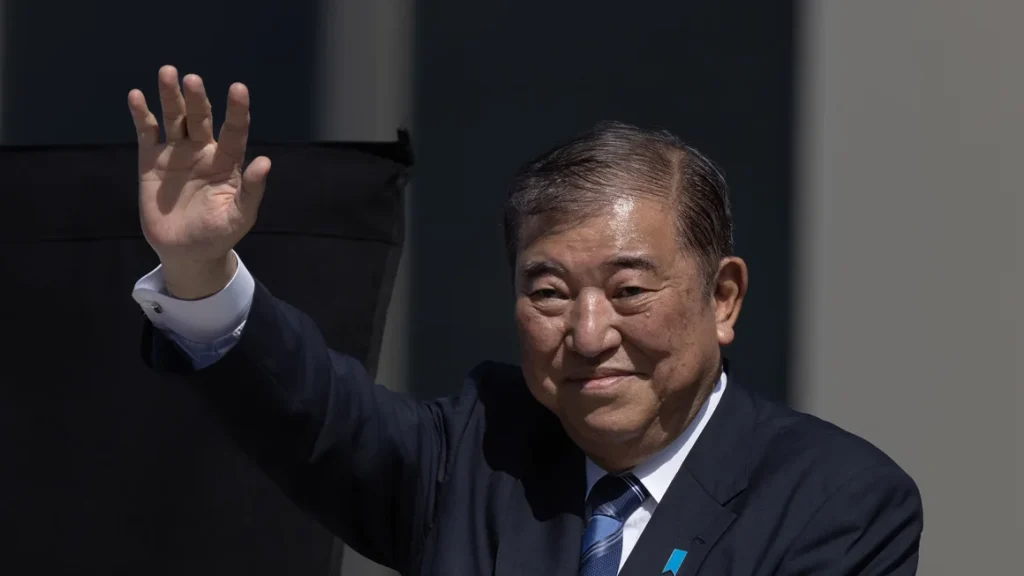
Japan Election: New Prime Minister Shigeru Ishiba’s Crucial Test Amid Party Scandals
In the Japan election, new Prime Minister Shigeru Ishiba faces a pivotal moment, seeking public support just weeks after stepping into office. Ishiba called a snap election to secure a mandate for his ruling Liberal Democratic Party (LDP), amid public frustration over rising costs and a scandal involving undocumented political funds. The election outcome could shape Japan’s domestic and foreign policy direction, impacting key issues from economic reform to regional security.
Key Election Issues: Economic Challenges for Japan’s New Prime Minister
The recent funding scandal damaged the LDP’s standing, making it crucial for Ishiba to rebuild trust. His campaign emphasizes supporting low-income households, increasing the minimum wage, and reducing inflation. Rising living costs and a weak yen have left many struggling, and Ishiba pledges to ease these burdens with economic reforms aimed at stabilizing household incomes. His vision includes regional revitalization to strengthen local economies, showing an effort to address both urban and rural needs.
Strengthening Japan’s Foreign Relations and Regional Security
As Japan’s new Prime Minister, Ishiba is also focusing on international alliances. Amid tensions with China and North Korea, he has committed to strengthening the U.S.-Japan partnership. Ishiba has voiced the importance of balancing Japan’s national defense with its alliances, while also advocating for increased oversight of U.S. military bases in Japan. He aims to navigate security issues strategically, emphasizing a stronger defense stance.
What’s at Stake in Japan’s General Election?
The LDP aims to secure at least 233 seats to control the 465-seat House of Representatives, with a goal of winning 261 seats for an “absolute stable majority.” A two-thirds majority (310 seats) would allow Ishiba to propose constitutional amendments, a significant step for Japan’s future policy framework. This election could reshape Japan’s approach to both internal stability and regional challenges, testing Ishiba’s ability to lead Japan into a period of reform and resilience.
This election serves as a defining moment for Japan’s new prime minister, and its outcome will indicate whether the public supports Ishiba’s vision for Japan’s future. His success could bring stability and needed reform, but much hinges on public trust as Japan’s political landscape faces turbulent times.
External link: CNN
Internal link: Kenkou Land





